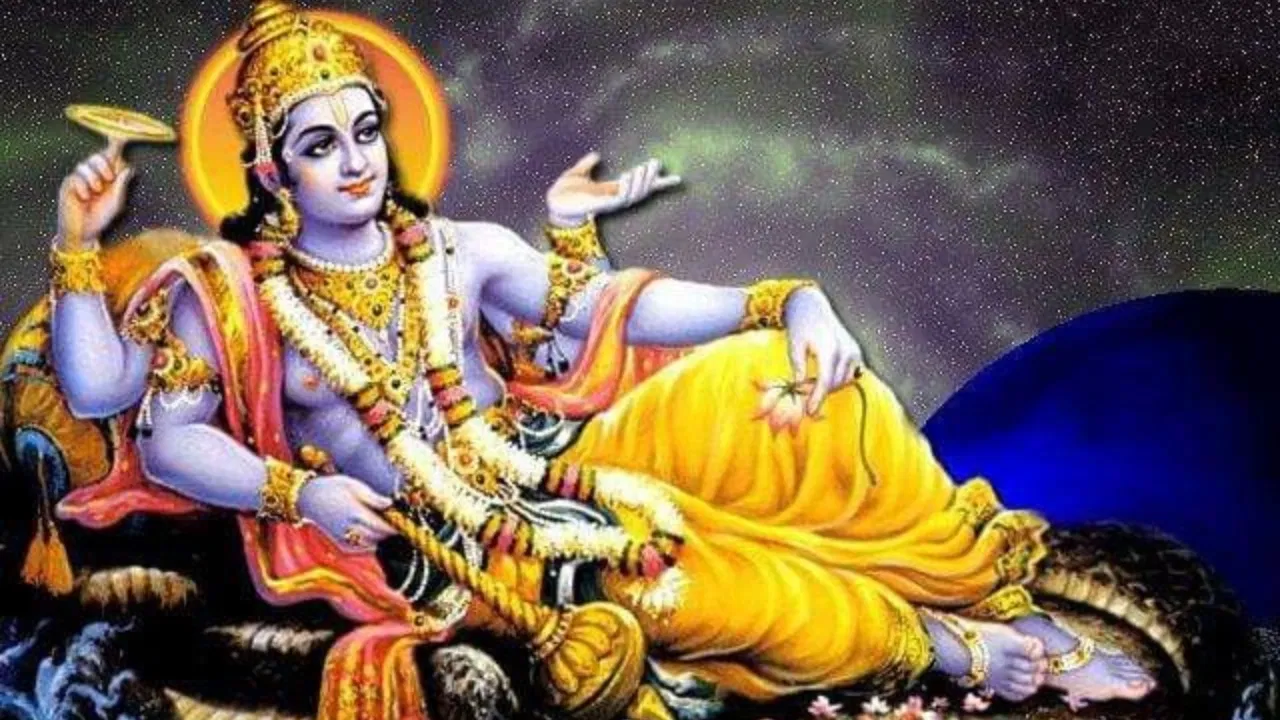
Devotees observe fasting, prayers, and the Tulsi Vivaha ceremony to mark the end of Chaturmasya and the start of an auspicious new cycle.
Prabodhini Ekadashi 2024, celebrated on the 11th lunar day of the Kartika month, holds profound significance for Hindus as it marks the awakening of Lord Vishnu from his four-month-long cosmic slumber. This event brings an end to the Chaturmasya period, during which certain auspicious activities, such as weddings, are traditionally avoided. With Lord Vishnu’s awakening, the day signifies the beginning of a new, auspicious time, ushering in an ideal moment for important life events.
The day is considered spiritually powerful as devotees believe that Lord Vishnu, after a deep, restful sleep, resumes his divine responsibilities in the universe. His awakening is viewed as a time for spiritual renewal, reflection, and seeking blessings for prosperity and success. Devotees across India celebrate by fasting, chanting prayers, and performing rituals to honor Lord Vishnu.
In many regions, Prabodhini Ekadashi also coincides with the celebration of Tulsi Vivaha, a symbolic marriage between the Tulsi plant and the Shaligram stone, representing the union of Lord Vishnu with his devoted consort, Tulsi. This ritual is an important part of the day’s ceremonies, signifying the divine bond between Vishnu and the sacred plant.
Alongside Tulsi Vivaha, some regions observe special prayers to Goddess Lakshmi, seeking blessings for wealth, health, and happiness. Offerings of sugarcane, rice, and dried red chilies are presented as tokens of gratitude for the divine blessings that Vishnu and Lakshmi bestow upon their devotees.
The observance of Prabodhini Ekadashi is a time for introspection and devotion. It is a day to reflect on the eternal connection between the divine and the world, as well as the profound influence of Lord Vishnu in maintaining cosmic balance. The day brings hope, faith, and renewal to the hearts of those who celebrate.







